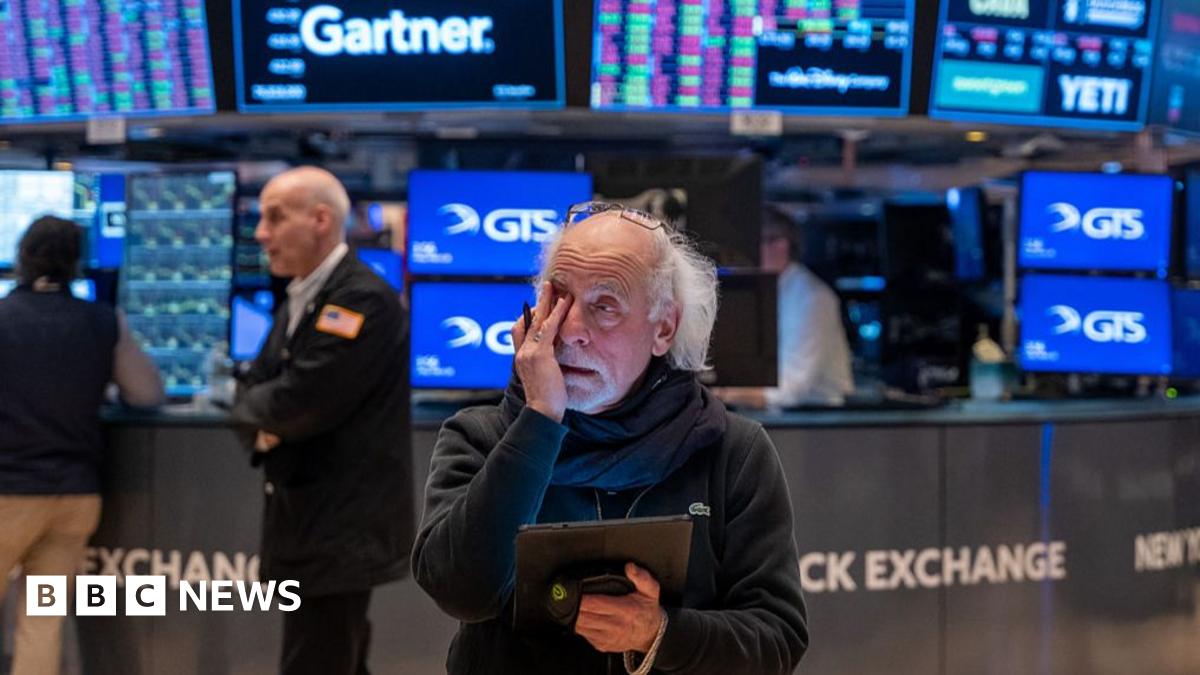
Global Uncertainty: The Looming Shadow of Tariffs
A wave of unease is washing over global stock markets, driven by the impending threat of new tariffs. Days before their scheduled implementation, the specter of these trade barriers is causing significant market volatility, with investors reacting nervously to the escalating uncertainty. Both Asian and European markets have experienced noticeable drops, reflecting a widespread concern about the potential economic fallout.
The looming tariffs represent more than just increased costs for imported goods. They are a symbol of a broader, unpredictable trade environment. The lack of clarity regarding which countries and industries will ultimately be affected is fueling anxiety. Businesses are forced to operate in a climate of heightened uncertainty, making long-term planning extremely difficult. Investment decisions are delayed, and expansion plans are put on hold as companies grapple with the potential impact on their bottom lines.
One of the most significant consequences of this uncertainty is the chilling effect on investment. Businesses, faced with unpredictable costs and potential market disruptions, are likely to reduce investment in new projects and expansion initiatives. This slowdown in investment can have a domino effect, dampening economic growth and potentially leading to job losses. The ripple effect extends beyond the directly affected industries, impacting related sectors and creating a broader economic slowdown.
The impact on smaller businesses is particularly concerning. Many smaller companies lack the resources to navigate the complexities of international trade and absorb the increased costs associated with tariffs. They may be forced to reduce production, raise prices, or even cease operations altogether. This could lead to job losses and a contraction of the overall economy, disproportionately affecting smaller communities and less-diversified economies.
Beyond the immediate economic consequences, there’s a significant psychological impact on consumer and investor confidence. The constant threat of trade wars and unpredictable policy changes creates a climate of fear and uncertainty. Consumers may delay purchases, waiting to see how prices will be affected, while investors become more risk-averse, pulling back from the market and seeking safer havens for their investments. This decreased consumer spending and investment further dampens economic growth, creating a negative feedback loop.
The situation highlights the interconnectedness of the global economy. A trade dispute between two countries can quickly escalate into a wider crisis, affecting markets worldwide. The current uncertainty underscores the need for greater clarity and predictability in international trade relations. The lack of a stable and transparent framework for global trade creates unnecessary risks and instability, jeopardizing economic growth and prosperity on a global scale. The ongoing situation serves as a stark reminder of the importance of international cooperation and the need to find solutions that promote fair and predictable trade for all nations. The challenge now is to navigate this turbulent period and mitigate the potential damage caused by the escalating trade tensions. Only through dialogue and cooperation can a more stable and predictable global trading environment be achieved.



Leave a Reply